A concealed carry firearm is the definitive self-defense asset. When carried and used properly, they provide an effective deterrent against dangerous wildlife and dangerous people.
The average police response time to a 911 call is about 10 minutes. As a responsible citizen and safe gun owner, having the means to defend yourself and others available on your person can mean the difference between life and death.
If you’ve made the decision to carry a concealed firearm for self-defense, we respect your responsibility and have a few tips to get you started.
Research, and Stick to All Local Laws
Concealed carry laws are not uniform across the country. It’s critical to be aware of the applicable laws where you live, along with any place you intend on carrying. There are many resources when it comes to gun laws, so researching online is easy. The NRA website is a great starting point to give you a basic understanding of what to expect. But since gun laws change regularly, your best approach for staying current is to discuss the matter with certified instructors. This can help you understand when, where, and how you are allowed to carry.
Apply for A Concealed Carry Permit
The laws governing Concealed Carry Weapons Permits (CCW) vary significantly by state, but have a few consistent aspects. You need to be older than 21, have no outstanding warrants or pending trials, and be a US citizen. There may be other restrictions in effect though in your particular state, so researching before you apply for a permit is always advisable.
A CCW permit is necessary in every state with the exception of Vermont and Washington State. Depending on where you live, one or many firearms handling safety courses may be required. Start by identifying the requirements where you live and signing up for a course by a certified instructor.
Completing your application will likely require a trip to a state or local law enforcement agency. There, you’ll need to fill out the requisite paperwork, provide valid forms of ID, have fingerprints taken, and pay a fee.
Once this is complete, the officers can help with any additional requirements based on your state and local laws, and then you’ll be all set. Be sure to carry your CCW permit on your person any time you carry your weapon.
Approach Concealed Carrying as a Major Investment
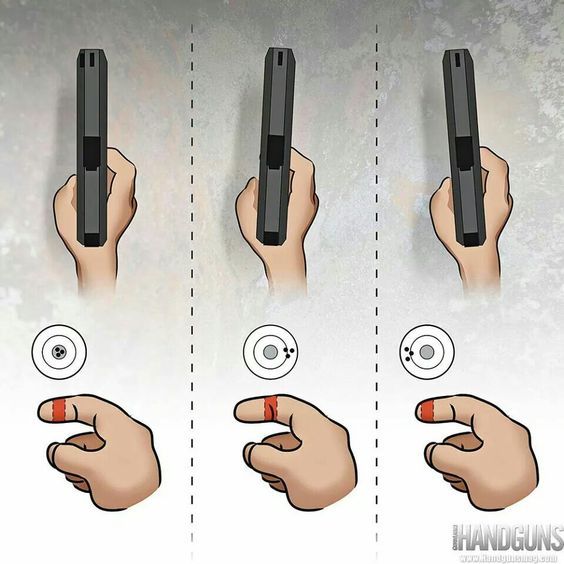
- Training ammo plus the actual self-defense ammo for your weapon
- An ammo magazine plus a spare
- A high-quality holster and gun belt, depending on carry style
- Any fees associated with training courses and range practice
While concealed carrying is not cheap, it can be a life-saving investment. You can’t put a price on your own safety. But if you choose to commit to it, you need to do it properly to be effective. There are plenty of ways to cut back on costs by buying a used firearm or gear. If you are concerned about government gun control, consider investing in a ghost gun. These are build kits not legally classified as firearms that can be made into functional guns. The benefits are that they do not require registration or a serial number.
In any case, you’ll need to make sure everything is in great working condition before you have to rely on it in a life-altering situation.
Criteria for Choosing the Proper Gun
To be effective when concealed carrying, it takes choosing the right weapon. Whether you are carrying on your person or just with you in your backpack, you’ll want to make sure you have a sidearm that fits your goals. You definitely want something small and compact that doesn’t noticeably imprint or impede your movement. But you should also try to find a gun that is lightweight, so it is easy to carry. Some of the other qualities you’ll want your gun to have include:
- A firearm that has a full firing grip
- A gun capable of firing good defensive rounds
- A higher magazine capacity to defend against multiple threats
By choosing a weapon that meets these qualities, you should be well defended. There are many other options available, especially when it comes to personal defense. But with a little bit of research you can find the best firearm for self-defense in urban settings or any other situation where having a concealed carry weapon can make a life or death difference.
Determine Your Best Way to Carry
There is no “catch-all” holster solution that will fit everyone in every situation. That can make it a challenge to find the best holster for concealed carrying in your preferred style. Some of the most popular styles include small of back, shoulder, ankle, and carrying on your hip. Every carry position though offers its own unique advantages and disadvantages, so it’s important to research and try each style to determine the best fit for your personal needs.
When carrying a weapon on your body, visualize the situations you may be faced with. Carrying every day in calm situations is entirely different than when things go awry. The best starting point when determining which holster to go with is to choose one that firmly keeps your weapon in place. It is also critical your weapon is worn comfortably and doesn’t shift much as you move around. Having the best access to your weapon – and making sure it isn’t easy to grab by an attacker during a confrontation – is also something you need to give strong consideration to before deciding which holster to go with.
Don’t limit your decision just on how you will carry should you have a face to face encounter with someone. Think about other situations – like if you are approached by an attacker while in a vehicle – and consider alternative scenarios so you can get a holster that provides access to your weapon in any situation.
Regularly Practice All Aspects of Carrying
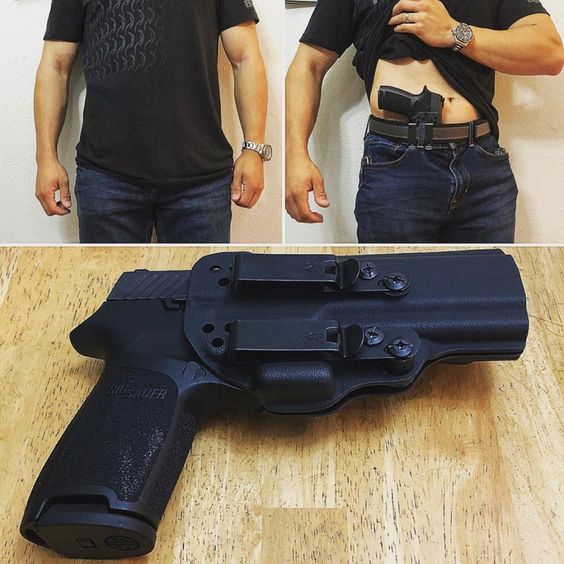
The entire process of identifying threats, drawing, and firing your pistol should be part of your practice. It’s best to take self-defense classes specific to concealed carry firearms, as these will cover more than standard use and safety. You’ll want to build practice and muscle memory for every step of effectively responding to threats.
Wearing your firearm with different holsters is important to practice as well, so you know which holster is the best fit. Holsters come in a variety of materials like nylon, kydex, and leather. There are ways to break in holsters to get the best style and comfort. In addition to practicing with your holster, get in the routine of carrying all of the gear you plan to have with you. This allows you to feel the weight of everything so it won’t distract you when situations suddenly go wrong.
After every visit to the range, spend time taking apart your firearm. This gives you the opportunity to clean your weapon and understand all of the parts to it. By being able to quickly disassemble and reassemble your weapon you can cut down critical seconds when your weapon jams to prevent a misfire during a confrontation.
Consider the Benefits of Having a Backup
Carrying a firearm can give you a sense of security. But many people choose to invest in a backup gun as well. These reserves are typically smaller than your primary firearm. Civilians and police officers carry a backup gun as an added safeguard in case their primary handgun jams. Having a backup as a sidearm is also faster than reloading. Still, when you carry a backup gun, you are doubling the concerns and hassles you have from carrying. So it’s important to evaluate your needs to see if having a backup gun is right for your personal carrying goals.
Always Be Ready Whenever You Carry
Most people who carry a concealed weapon never encounter a dangerous situation that warrants its use. But with all of the dangers looming, you always need to be ready for such a situation. If you practice often, use the right equipment, and adopt a mindset of responsibility, you will put yourself in the best situation to defend yourself and others when the time comes.


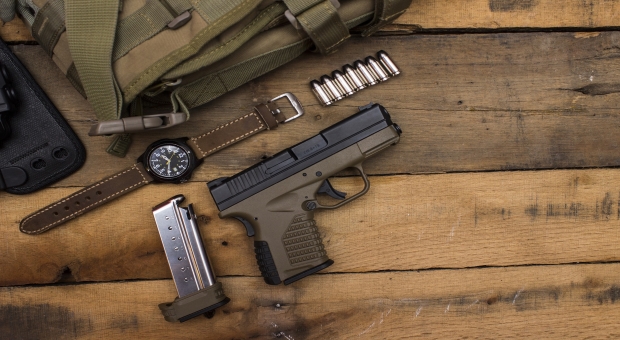



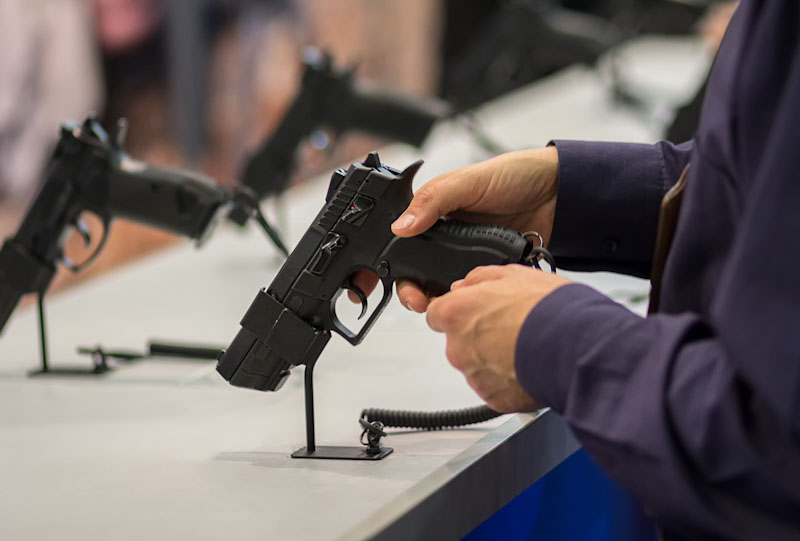
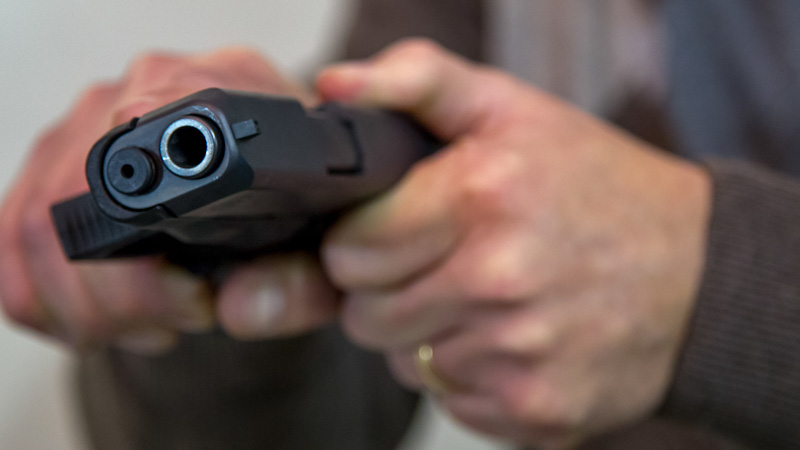
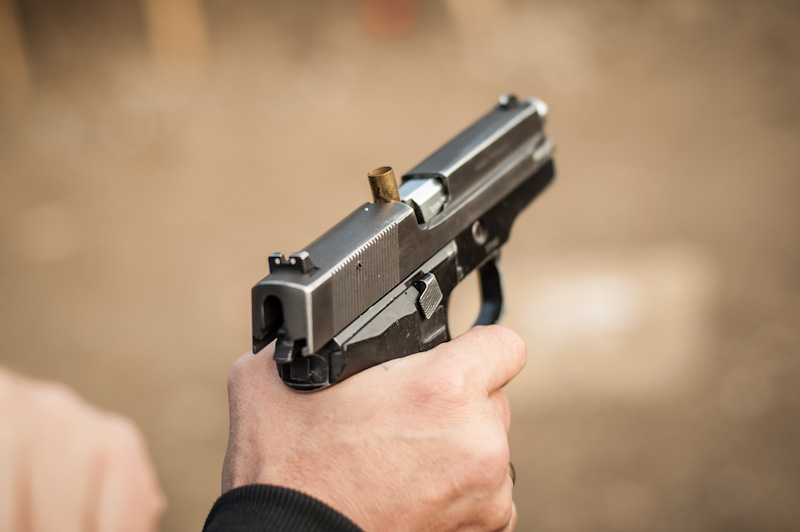

poorman | July 14, 2019
|
First off there at least 13 states that DO NOT require a CCW though they may have a course to get them. This is mostly so you can carry out of that state anywhere that will recognize their lic.
Second recommending a ” ghost gun ” to a beginner is just crazy. many states require you to specify which gun you are going to carry and what serial number is on the gun. If you are stopped and they find a ghost gun you are going to jail.
Third you need to buy and carry a gun you are comfortable with not worry about grip length,mag capacity or what caliber it is .
SteveF | July 14, 2019
|
Washington requires a permit to carry concealed. We are a “shall issue” state, still, though the ID 10ts in Seattle are trying to change that.
TruthB Told | July 14, 2019
|
Good article, but it only covered the “prep’ before the “action” . There are legal and emotional consequences involving using lethal force. You have to have some type of legal representation for dealing with the police and the family of your target. You are guilty of a justifiable homicide. You will probably be sued by the family. Unless you are a psycho, you will most likely have PTSD and require counseling. After the “incident” there will be a whole lot of problems that will require your complete attention.
vocalpatriot | July 14, 2019
|
Not most of our military and law enforcement suffer from ptsd after a lethal force incident..just saying.
vocalpatriot | July 14, 2019
|
The title carries two important flaws.
1) the implication that the has the right or authority to require that you must conceal to carry is simply wrong, regardless of how many people they actually jail for failing to adhere to their “lex inuista”
and
2) the added statement that implies carrying a gun is only for self defense totally misconstrues the purpose of the second amendment in the first place…
poor information disseminated irresponsibly.
A Drake | July 15, 2019
|
You can add Idaho to your list of states not requiring CCW. We love our 2A rights here.
Idaho gun laws allow any state resident who is at least 18 years old and not otherwise disqualified from being issued a license to conceal carry a firearm without a permit. The age limit for Constitutional Carry within city limits was reduced to 18 years old as of July 1, 2019. Non-residents need a concealed carry permit from another state to conceal carry inside city limits, although residents of other permitless carry states are allowed to carry without a permit from their state of residence.
https://www.usconcealedcarry.com/resources/ccw_reciprocity_map/id-gun-laws/
LEH | December 7, 2019
|
What can you recommend as good deterrent weapons for an older female, like your “mom”.? (I don’t want to kill anyone). Thanks for your thoughtful suggestions!